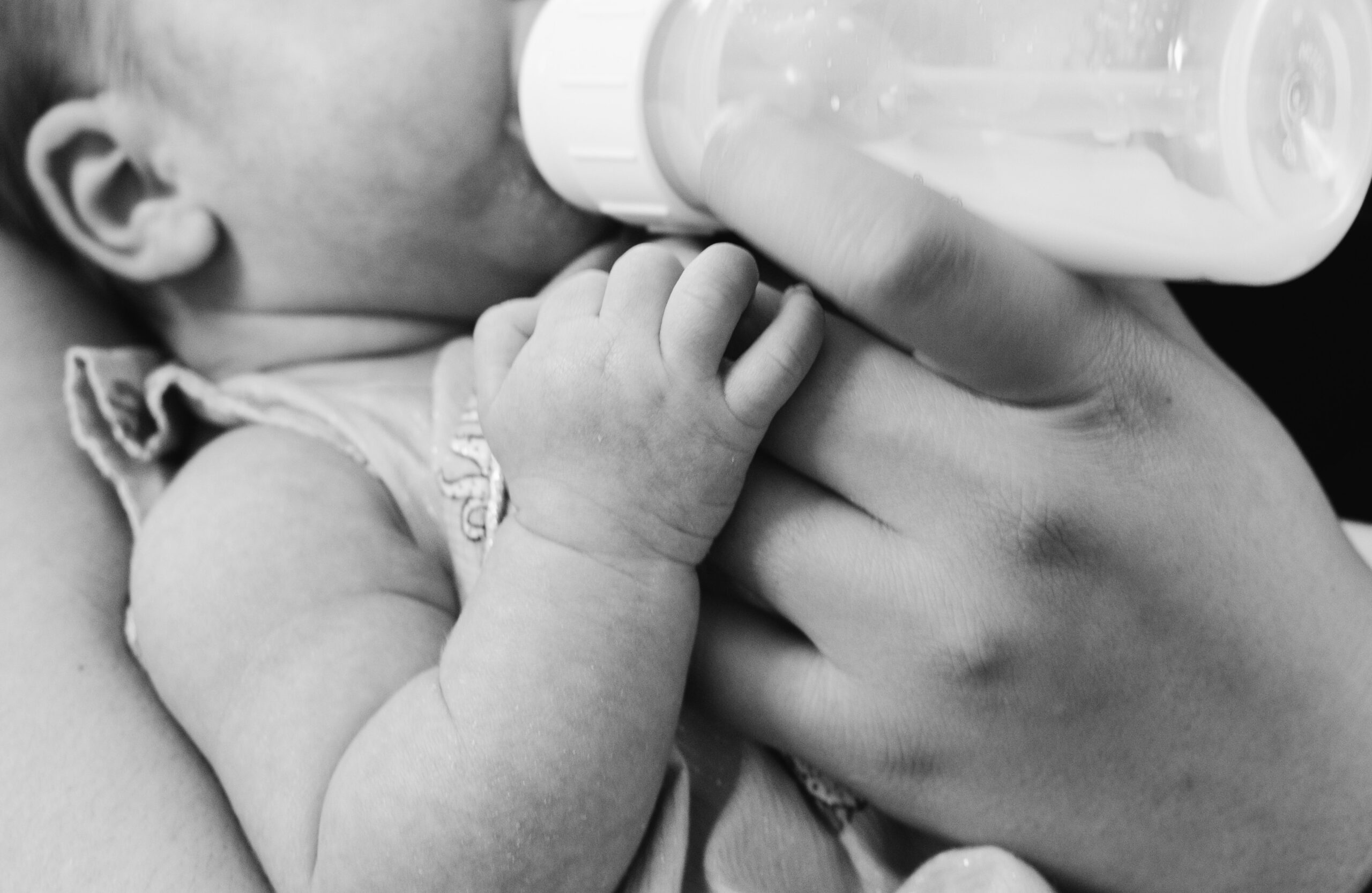Infant Milk Donations in Times of Disaster
Executive Order 51 also known as the Milk Code of the Philippines and its Revised Implementing Rules and Regulations, one of the most stringent regulations on infant milk formula in the world, prohibits among other things, the donation of breastmilk substitutes such as infant formula and powdered milk, as well as teats, feeding bottles, and processed baby food, even during calamities and major disasters.
One of the more common reasons for this prohibition is the lack of supply of clean water and fuel for sterilization and boiling in a disaster situation. The government is particularly concerned with the heightened risk of infants developing Diarrhea because of contaminated water.
Another rationale for the prohibition is the risk of early or unnecessary cessation of breastfeeding meaning infants given breastmilk substitutes may stop from breastfeeding altogether.
Of course, the underlying reason for the regulation is the global agenda to restrict the marketing of infant formulas. Note that the Milk Code is actually all about the marketing of breastmilk substitutes, breastmilk supplements, and related products.
These are all valid arguments in support of the universally accepted fact that breastmilk is the gold standard when it comes to infant nutrition. Protecting, supporting and promoting breastfeeding is actually what we all need to do. However, given the harsh realities of hazards, calamities and disasters, and the complications brought about by the climate crisis, perhaps it’s time to reconsider how we view donations of infant formulas, and donations during disasters in general.
To be fair, the Department of Health (DOH) does specify, that as a last resort, when breastfeeding is not an option, when there are no wet nurses available, or when there are no milk banks around to provide expressed milk, infant formula may be given to infants as along as they are unlabeled and fed by cup.
It would be nice to have actual data on the number of calamities and disasters that have resulted to breastfeeding not being an option (because mothers are either undernourished, dehydrated, sick, injured, or forced to help with the rescue, relief, and recovery efforts), when wet nurses are hard to come by, and where milk banks are inaccessible. Then there would be no debate on the wisdom of accepting milk donations.
In the absence of such data, perhaps it would suffice to understand and have a deeper appreciation of what it is really like for a nursing mother to live through a disaster.
Imagine losing your home, caring for your infant child and the rest of your children, helping your husband and the rest of the community rebuild houses and look for food, water, clothing. The physical and emotional stress of all these would undoubtedly take a toll on one’s health, but there is no rest in site yet as there are still a million and one things to do before things go back to normal.
It is easy to fight for and be passionate about things that are at arm’s length — when one has not gone through the actual horror and challenges of being a victim of calamities and disasters. The eruption of Taal Volcano will not be the last calamity we will encounter. But maybe, this calamity is enough for us to look into some of our current laws are re-examine them in light of the clear need to prepare and build community and national resilience.

